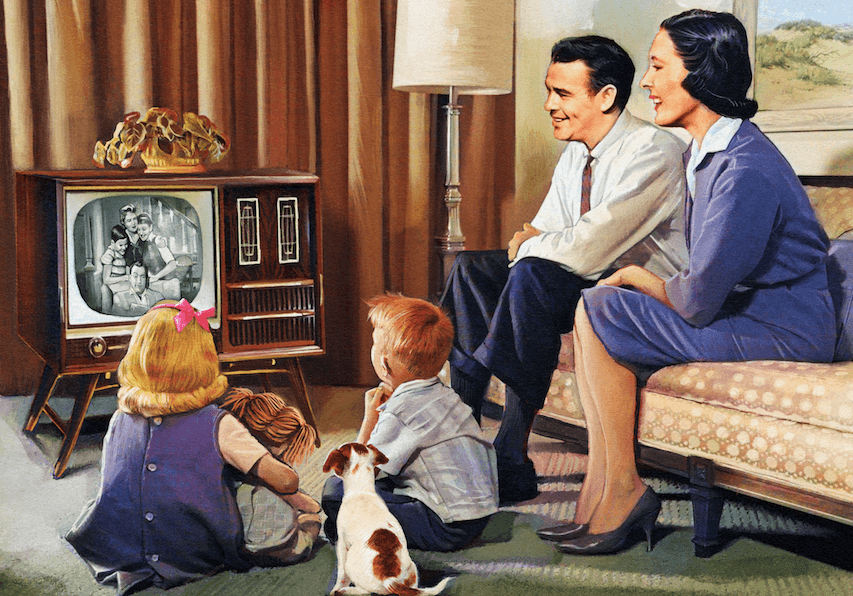“The past is a foreign country; they do things differently there,” wrote L.P. Hartley in his 1953 novel “The Go-Between.” If you’re looking for proof of Hartley’s claim, just tune in, as I recently did, to the early episodes of “The Donna Reed Show,” where you can time travel all the way back to 1958.
Alex Stone was a small-town pediatrician whose office is connected to the house. His wife, Donna (Donna Reed), was a homemaker. And both were articulate, bright, and witty. Their teenage daughter, Mary, and adolescent son, Jeff, sniped back and forth, but without any real rancor. Donna wore a dress while working around the house—gasp!—and the family took their meals together. (Double gasp!)






